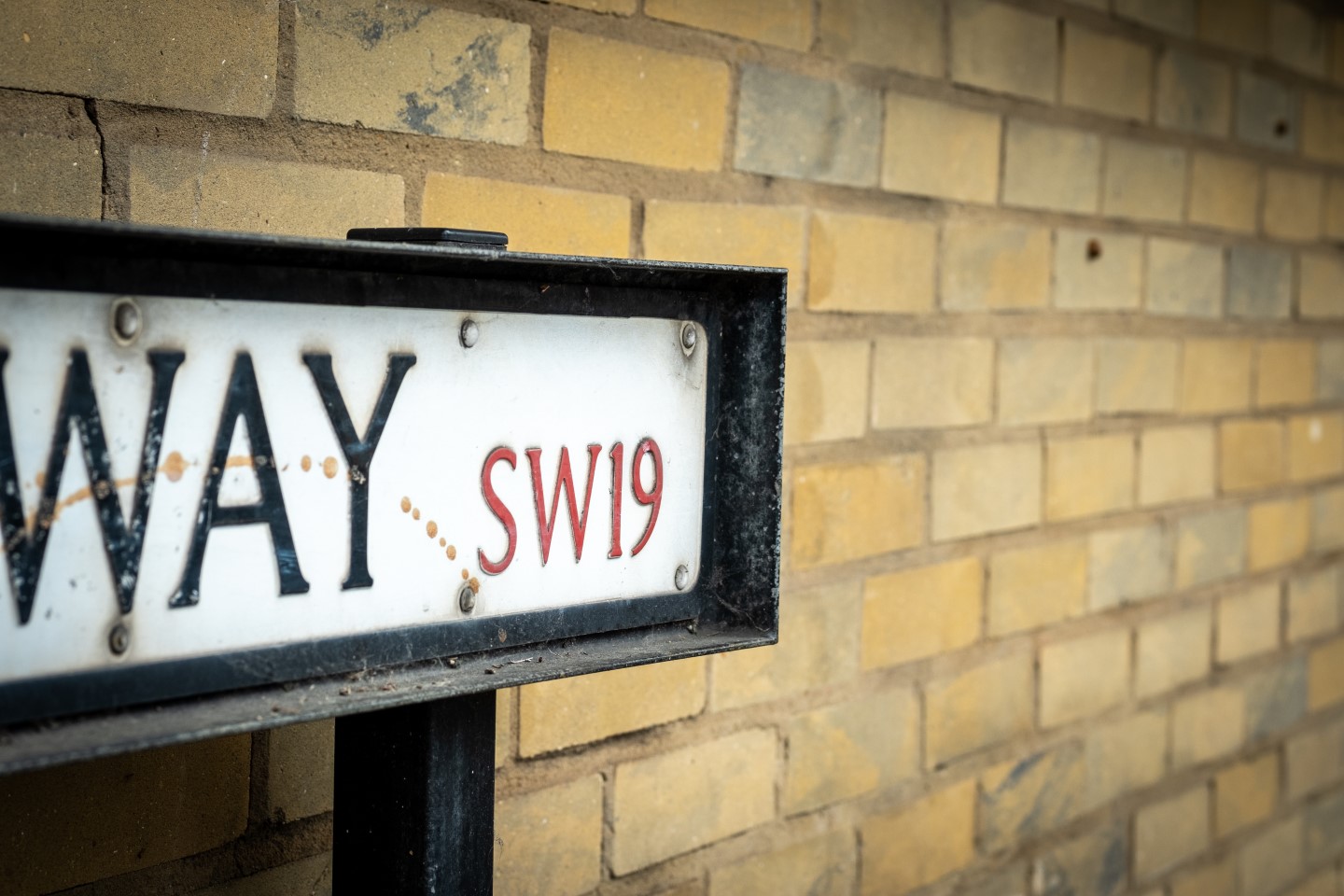
BBK Manifesto 2025: End the healthcare postcode lottery
It is widely accepted there is a ‘postcode lottery’ when it comes to care in the NHS. Discrepancies can be caused by variation of funding, variation of health needs, socio-economic factors, how well services are integrated and political and policy decisions.
The healthcare and medical support you receive should not depend on where you live and, as part of the BBK Manifesto, we are highlighting three key areas of care that show why action is needed.
Wheelchair access
One example is the inconsistent access to mobility aids, in particular wheelchairs. There are widespread delays across NHS wheelchair services. In some areas, up to 50% of users wait longer than the NHS’s 18-week target, with some individuals facing delays of over a year for a wheelchair or vital repairs, according to a These delays not only limit mobility but can also delay hospital discharges, disrupt rehabilitation, and increase the risk of secondary health issues.
Compounding this is a highly fragmented system. The All-Party Parliamentary Group on Spinal Cord Injury found a single SCI centre may have to coordinate with as many as 60 different local wheelchair services, each with different eligibility criteria and service standards. This creates a postcode lottery, resulting in major inconsistencies depending on where a person lives.
The disparity of service is causing widespread issues. A 2024 UK study on manual wheelchair users revealed widespread dissatisfaction with NHS-provided wheelchairs. Users most commonly reported problems with comfort (39%), weight (35%), manoeuvrability (34%), and durability (31%). Those who were dissatisfied were 70% more likely to have been fitted through NHS services, and 60% said they had no choice in the type of wheelchair they received.
Regional disparities on access to mobility aids cause huge issues for those who are reliant on them. It is clear work must be done to address these discrepancies as access to proper mobility equipment is a fundamental requirement for health, autonomy, and a good quality of life.
Access to MRI machines
Limited access to MRI scanners presents a huge challenge for the NHS, especially for those with a spinal cord injury (SCI). The UK has among the lowest number of MRI scanners per capita in the developed world, with only 8.6 units per million people. This is significantly lower than countries such as Germany, France and the United States (Digital Health, 2024). The result is longer waiting times and delays in diagnosis for many conditions that require urgent imaging, including suspected spinal cord injuries.
The evidence supports that there is a postcode lottery in MRI access within the UK. The number of scanners and the availability of radiologists vary widely by region. According to the Royal College of Radiologists, consultant radiologist shortfalls are unevenly distributed, with some regions facing far greater workforce shortages than others. These inconsistencies affect both the availability of MRI scans and the speed at which they are reported, particularly in rural and under-resourced parts of the country.
For people with Cauda Equina Syndrome (CES), this shortage can be particularly harmful, as timely diagnosis is essential to avoid permanent neurological damage. The national Getting It Right First Time (GIRFT) pathway recommends that patients with suspected CES receive an emergency MRI within four hours. However, a 2024 review by Bolt Burdon Kemp found 62% of NHS trusts had not implemented the GIRFT pathway, and nearly 40% cited a lack of 24-hour MRI access as a key barrier.
Delays in MRI access also significantly affect people with other types of spinal cord injury. In trauma cases, fast and accurate imaging is vital for surgical planning and to prevent further injury. For non-traumatic injuries, such as those caused by tumours, infection or degenerative disease, delayed diagnosis can lead to missed treatment windows, irreversible deterioration and more complex rehabilitation needs.
These issues highlight how the type of support needed, particularly access to diagnostic imaging, can lead to significantly different experiences and outcomes. Variation in scanner access, staffing and service organisation across regions in England results in place-based inequalities for many people with spinal cord injuries.
The Government promised during its election campaign to double the number of CT and MRI scanners in the NHS over this parliament – which means a deadline of mid-2029. This is a fantastic commitment, and it is good to see the Government has already provided some funding for more scanners. However, it is too early to see what this funding means for the number of scanners, whether they will be accessible to those with mobility issues and in particular, where they will be placed.
Access to palliative care
It is widely reported we have a palliative care crisis in the UK, with treatment very patchy across the UK.
A 2022 study found only about 30% of UK areas offer out-of-hours palliative care telephone support, even though this has been a NICE recommendation since 2011. 27% of areas offer no designated support at night and at weekends, and around 40% of areas offer partial coverage out of hours.
Whilst palliative care services are better for patients with cancer than those with other diseases, there is still more that needs to be done. The postcode lottery for palliative care must end, all those with a terminal diagnosis should have access to good quality and consistent palliative care regardless of where they live.
This blog is part of our 2025/26 Manifesto for Injured People. At Bolt Burdon Kemp, we support injured people not only by winning their cases but by driving change. Guided by our clients’ experiences and partnerships with charities across the UK, we are raising awareness of the change we need to see to better support injured people. We will continue working with politicians from all parties to ensure injured people’s needs are not overlooked in Westminster or beyond. You can read our full manifesto here.









